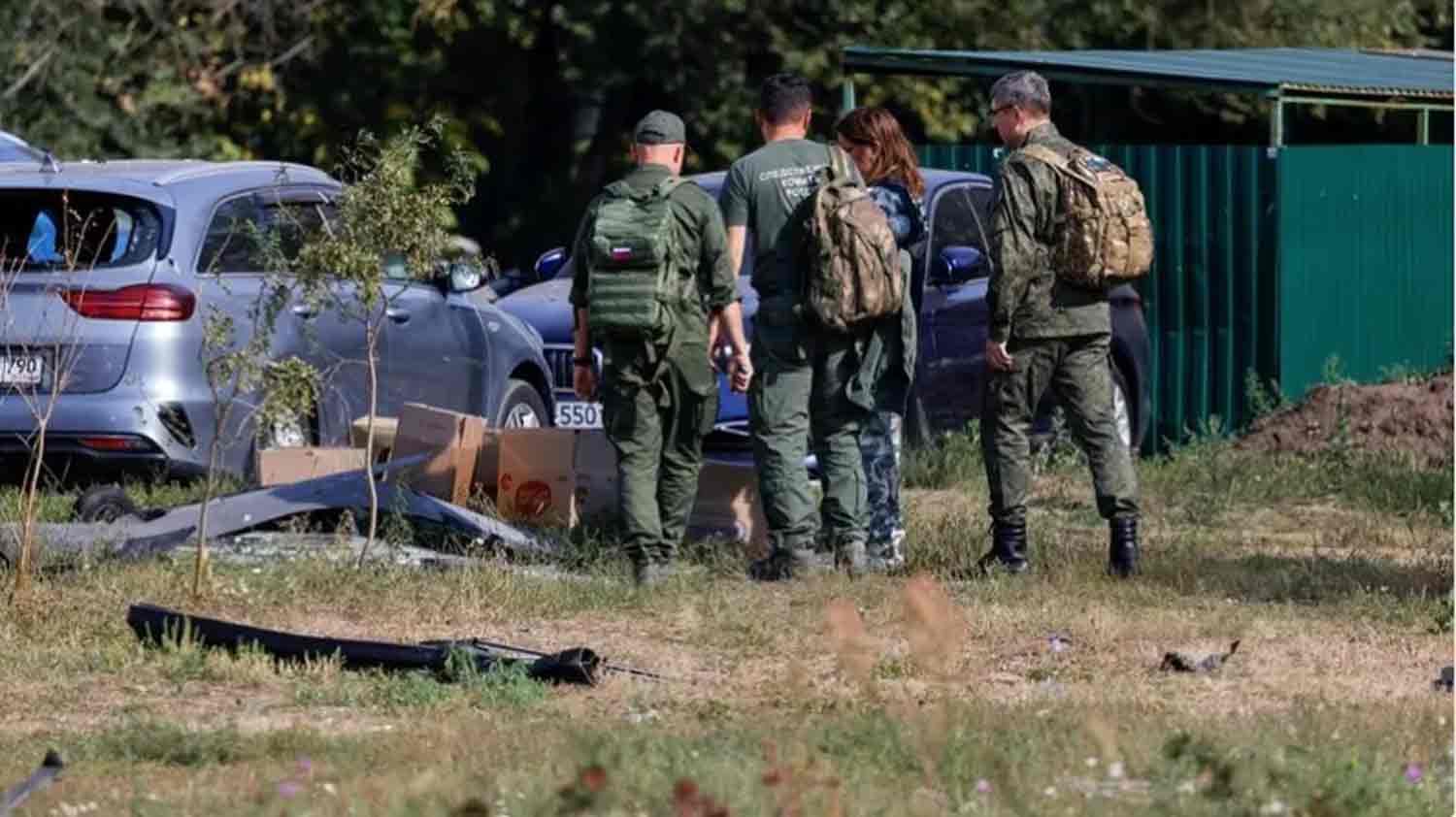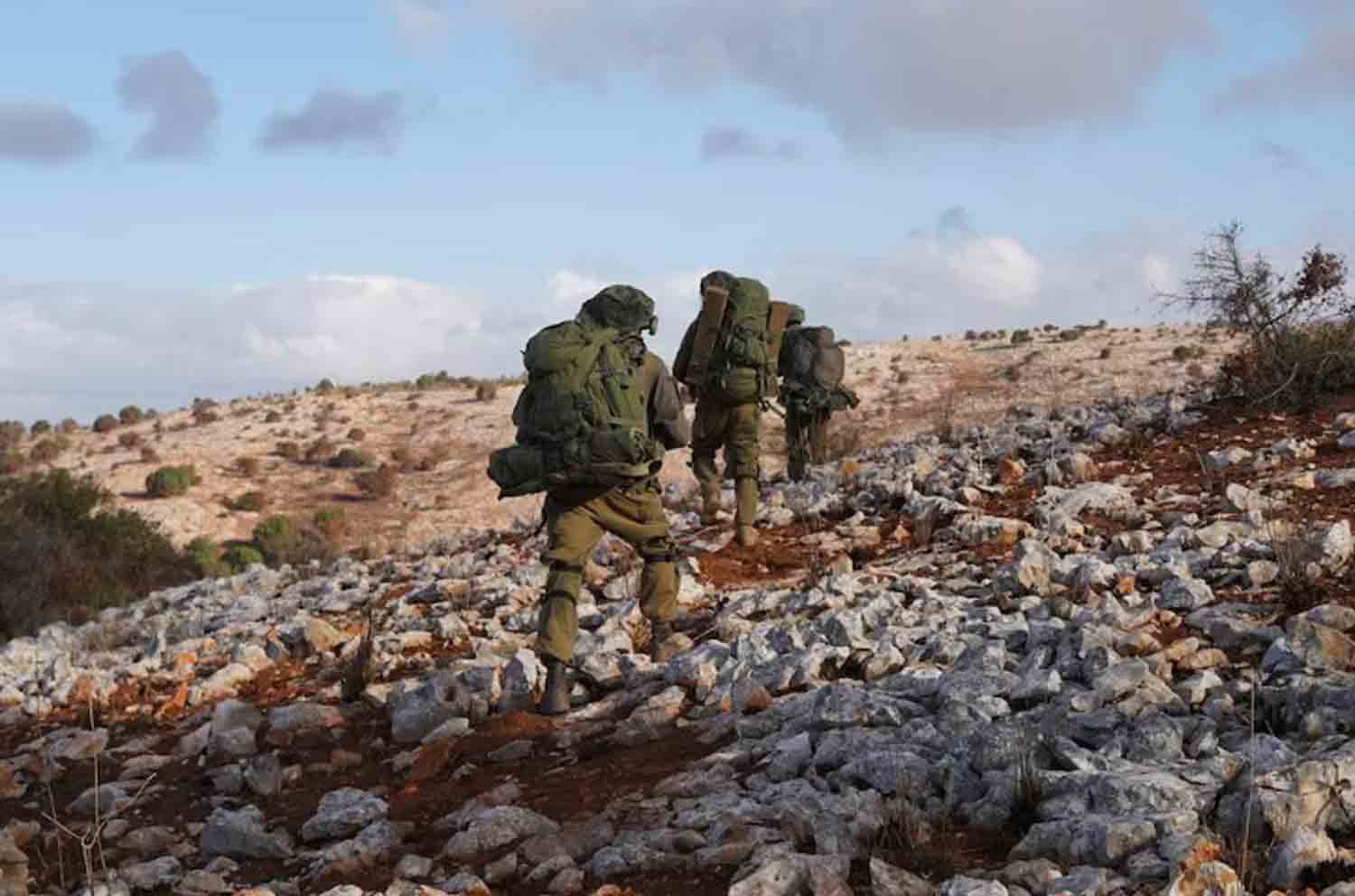Gulf Arab nations aimed to convey their impartial stance regarding the ongoing conflict between Tehran and Israel during discussions held in Doha this week. This initiative was driven by apprehensions that an escalation in violence could jeopardize their oil infrastructure.
During the meeting, which included ministers from Gulf Arab states and Iranian representatives as part of a gathering of Asian countries hosted by Qatar, the focus of the dialogue was on de-escalation, the sources indicated.
On Tuesday, Iran executed its most significant offensive against Israel, claiming it was a response to the assassination of high-ranking Hamas and Hezbollah officials, as well as Israel’s military actions in Gaza and Lebanon. Tehran asserted that its offensive had concluded unless provoked further, while Israel vowed to retaliate decisively. According to a report from U.S. news outlet Axios, citing Israeli officials, Israel may consider targeting oil production facilities within Iran as a form of retaliation.
Urgent de-escalation is currently the primary focus of ongoing discussions, according to one source. The foreign ministries of Qatar, Iran, the UAE, Kuwait, and the Saudi government communications office have not yet provided a response to requests for comments.
While Iran has not issued direct threats against Gulf oil facilities, it has cautioned that any direct intervention by “Israel supporters” could lead to targeting their interests in the region.
Ali Shihabi, a Saudi commentator with close ties to the Royal Court, noted that Gulf states consider it improbable for Iran to attack their oil facilities. However, he mentioned that unofficial sources suggest Iran may be hinting at such possibilities, viewing it as a leverage point against the U.S. and the global economy.
Saudi Arabia, the leading oil exporter, has made strides toward political reconciliation with Tehran in recent years, contributing to a reduction in regional tensions, although challenges in their relationship persist.
Saudi Arabia has been cautious about the potential for an Iranian attack on its oil infrastructure since a 2019 incident at the Abqaiq refinery, which temporarily disrupted over 5% of the global oil supply. Iran has denied any involvement in that attack.
“The message from the GCC to Iran is clear: ‘please de-escalate,'” stated Shihabi, referencing the Gulf Cooperation Council, which includes the UAE, Bahrain, Saudi Arabia, Oman, Qatar, and Kuwait.
During an event in Doha, Iranian President Masoud Pezeshkian emphasized that Iran is prepared to respond and cautioned against remaining passive in the face of what he described as Israel’s “warmongering.”
“Any military aggression, terrorist act, or violation of our red lines will provoke a strong response from our armed forces,” he asserted.
Discover more from Defence Talks | Defense News Hub, Military Updates, Security Insights
Subscribe to get the latest posts sent to your email.





